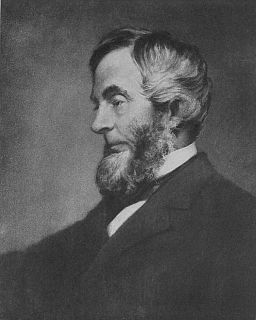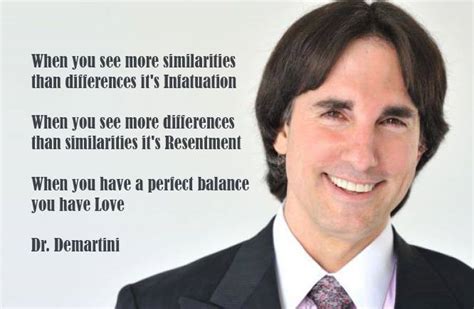A Quote by George Stillman Hillard
Wealth brings noble opportunities, and competence is a proper object of pursuit; but wealth, and even competence, may be bought at too high a price. Wealth itself has no moral attribute. It is not money, but the love of money, which is the root of all evil. It is the relation between wealth and the mind and the character of its possessor which is the essential thing.
Related Quotes
If you have good wealth mentality.... you will generate wealth wherever you go. Even if you lose money temporarily, your wealth mentality will attract it again. If you have a lack mentality, no matter how much you receive or what financial opportunities come your way, wealth will evade you or, if it comes, it won't last.
The most obvious and yet the oldest and most stubborn error on which the appeal of inflation rests is that of confusing ‘money’ with ‘wealth’…Real wealth, of course, consists in what is produced and consumed: the food we eat, the clothes we wear, the houses we live in. It is railways and roads and motor cars; ships and planes and factories; schools and churches and theaters; pianos, paintings and books. Yet so powerful is the verbal ambiguity that confuses money with wealth, that even those who at times recognize the confusion will slide back into it in the course of their reasoning.
We must learn that competence is better than extravagance, that worth is better than wealth, that the golden calf we have worshiped has no more brains than that one of old which the Hebrews worshiped. So beware of money and of money's worth as the supreme passion of the mind. Beware of the craving for enormous acquisition.
It is true that so far as wealth gives time for ideal ends and exercise to ideal energies, wealth is better than poverty and ought to be chosen. But wealth does this in only a portion of the actual cases. Elsewhere the desire to gain wealth and the fear to lose it are our chief breeders of cowardice and propagators of corruption. There must be thousands of conjunctures in which a wealth-bound man must be a slave, whilst a man for whom poverty has no terrors becomes a freeman.



































